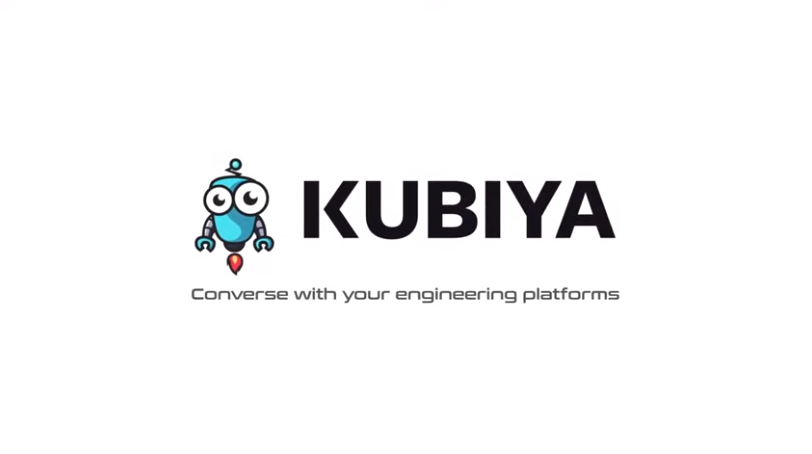 AI
AI
 AI
AI
 AI
AI
Artificial intelligence startup Kubiya Inc., which powers an intelligent, ChatGPT-like assistant for DevOps teams, has announced a new generation of its domain-specific copilot tools.
Announced today, Kubiya’s new copilots now have the unique ability to interact natively with any DevOps tool, the company said. In addition, users can now chain together multiple purpose-built agents, each trained on domain-specific knowledge using powerful large language models.
In this way, Kubiya said, its copilots will facilitate seamless and natural communications between developers across any engineering platform. It will ensure DevOps support is more accessible and extensible across entire organizations, the company explained.
Kubiya’s copilots live within collaboration tools such as Slack and Teams and have the ability to provision resources, trigger continuous integration/continuous development jobs, Kubernetes deployments, cloud cost usage reports and other DevOps functions through simple user commands. They’re designed to handle the most repetitive tasks placed on DevOps team’s members, in order to boost their productivity.
The copilots also have the ability to respond to questions using information within internal knowledge bases and other technical documentation. Not least, they’re accessible with everyday natural language, meaning they can perform most complex tasks from simple conversations.
The startup said its platform will help reduce DevOps bottlenecks and improve developer velocity by reducing context switching and streamlining collaboration and communication across teams.
Kubiya Chief Executive Amit Eyal Govrin said the updated copilots help to wrap conversational AI around every DevOps and engineering platform, helping teams achieve greater operational efficiency. He explained that they allow users to “interact with a system that very much feels like a person on the other end.”
According to Kubiya, its copilots are built using the open-source LangChain framework, which makes it possible to combine LLMs with external software components to build AI-powered applications that can perform numerous tasks. Today’s release exemplifies a broader industry push toward agent-based frameworks, in order to create more operational efficiency, predictability and accountability when using LLMs in production environments.
“As an elegant implementation built on top of our ecosystem, Kubiya’s cloud operations use case is a textbook example of how chaining agents can solve real-world pain,” said LangChain Chief Executive Harrison Chase.
Kubiya said organizations can get started with its copilots via its self-service free trial plan, or alternatively just check out how they work within an open sandbox environment.
Support our mission to keep content open and free by engaging with theCUBE community. Join theCUBE’s Alumni Trust Network, where technology leaders connect, share intelligence and create opportunities.
Founded by tech visionaries John Furrier and Dave Vellante, SiliconANGLE Media has built a dynamic ecosystem of industry-leading digital media brands that reach 15+ million elite tech professionals. Our new proprietary theCUBE AI Video Cloud is breaking ground in audience interaction, leveraging theCUBEai.com neural network to help technology companies make data-driven decisions and stay at the forefront of industry conversations.